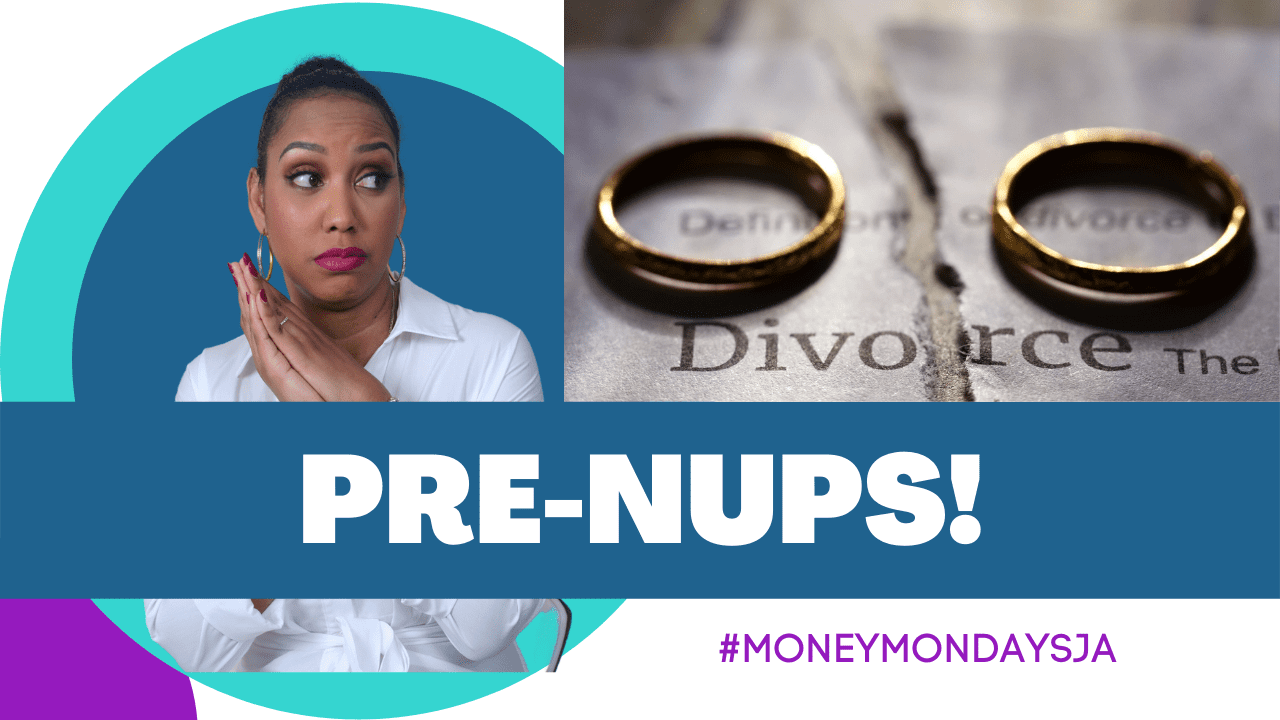Stocks, bonds, real estate, debentures… With so many things to invest in, how do I know if I’m choosing the right ones? I don’t have money for all of them… or do I? Buying into a unit trust could allow you to invest in all or many of these instruments at the same time.
What is a Unit Trust?
By Danielle Brown
Stocks, bonds, real estate, debentures… With so many things to invest in, how do I know if I’m choosing the right ones? I don’t have money for all of them… or do I? Buying into a unit trust could allow you to invest in all or many of these instruments at the same time.
A unit trust is a collective investment scheme. Investors pool their money together and then use that fund to invest in different assets such as stocks, debentures or real estate. You may have also heard of a Mutual Fund, another collective investment scheme that operates in a similar way; however, a Unit Trust is established under a trust deed. It holds investments on behalf of the investors as beneficiaries of the trust, while a Mutual Fund is a body corporate established under the Companies Act.
Jamaica has 18 active Unit Trusts, some of which are offered by PROVEN Wealth, JMMB Fund Managers, NCB Capital Markets and Victoria Mutual Wealth Management. There’s only one local Mutual Fund, offered by JN Fund Managers and three overseas Mutual Funds.
In the Eastern Caribbean you’ll find more Mutual Funds than Unit Trusts. In Trinidad and Tobago, there are over 40 Mutual Funds offered across 10 of the largest Mutual Fund operators, such as Bourse Securities Limited, RBC Investment Management (Caribbean) Limited and Trinidad and Tobago Unit Trust Corporation. Barbados has 23 Mutual Funds and sub-funds offered across 9 financial institutions namely Sagicor Asset Management Inc., Republic Bank (Barbados) Limited and Eppley Fund Managers Limited.
Understanding Units
As the name suggests, a Unit Trust is divided into units, and each unit has a price. Someone who is interested in joining the Unit Trust would have to buy units. On any given day, the units have a specific price. However, as the investments of the Unit Trust fluctuate, the value of each unit will change. For example, you went to your bank with $200 and bought into a Unit Trust at $1 per unit, giving you 200 units. Your money, along with the money of the other unit-holders will be invested. The performance of those investments will directly impact the value of each unit.
Let’s say over the course of a year, the investments of the Unit Trust perform well on the market and become more valuable. As a result, your units that you bought at $1 are now revalued at $1.50 one year later. You still have 200 units, but now they are worth $300, which is $100 more than you bought them for. That difference between how much you bought your units for and how much they are valued when you’re ready to sell your units is how you make or lose money.
In Jamaica, Unit Trusts are regulated by the Financial Services Commission and are structured to ensure that investors’ money is well-managed. The pooled funds are invested by a Fund Manager. There’s also a Trustee who’s in charge of the assets of the Unit Trust on behalf of the investors. The Trustee ensures that the trust is being run according to its objectives. The Unit Trust must also have an Auditor who reviews its financial records, and a Registrar who keeps all of the information on the investors.
You will also find a lot of open-ended Unit Trusts. This simply means that units are always being created or removed from the Unit Trust based on money being taken or withdrawn from it. With an open-ended Unit Trust there is no fixed number of units available, which also means that you’re able to invest at any time. It’s not like buying stocks where you’re waiting on an IPO or APO or for someone to sell their stocks because there is a limited number. However, these changes affect the size of the Unit Trust, which will affect the value of units.
Types of Unit Trusts
There are different types of Unit Trusts, based on the assets that they invest in. There are Unit Trusts for real estate and bonds. You may have heard of Equity Funds which invest in stocks and Money Market Funds which invest in cash or cash equivalents like certificates of deposit.
When researching Unit Trusts, it’s important for potential investors to consider their financial goals and risk tolerance to determine what type of Unit Trust would be best for them. Persons who are more scared or risk-averse may benefit from a Money Market Fund, but if you don’t mind taking some risk, you may benefit more from an Equity Fund. For short-term goals, a Money Market Fund may be more suitable than real estate or bonds which tend to be more medium to long-term. It’s possible to find a Unit Trust that aligns with your financial goals and risk tolerance.
Advantages of Unit Trusts
Investing in a Unit Trust can be very beneficial, especially to small investors. Many of us aren’t able to afford investments in a lot of different assets, especially real estate or bonds which tend to be more costly, but with a Unit Trust, you have access to a diversified portfolio of investments for a fraction of the cost.
When you invest in a Unit Trust, your funds are being invested and managed by a Fund Manager, so you don’t have to do it yourself. The Fund Manager is someone who is experienced and knowledgeable about investing and has a good track record of performance. They may also have the resources of the financial institution that they belong to at their disposal, such as the risk department. The Fund Manager is in a better position to make an informed decision on the right investment strategy for the Unit Trust. If you’re someone who isn’t very investment-savvy or you haven’t watched enough Kalilah Reynolds Media videos yet to trust your own judgment on investing, you’ll benefit from someone with expertise handling your investments for you.
Often overlooked is the tax benefit associated with Unit Trusts. Generally, they are tax-exempt; however, this is subject to the assets that the trust invests in. Tax exemption would apply to both the earnings of the investments and units that are sold.
Disadvantages of Unit Trusts
A Unit Trust, like any investment scheme, also has its downsides. Someone who prefers to take an active role in their investment strategy, such as choosing investments or trading, will find that a Unit Trust takes away most of that control. Investors don’t have any say in what assets the money is invested in or the allocation of funds. The Fund Manager makes all of those decisions for the Unit Trust.
Investing in stocks would normally give shareholders part ownership in a company and voting rights, but this doesn’t apply to stocks purchased through a Unit Trust. Only the Fund Manager and the Trustee are able to exercise voting rights on behalf of the entire Unit Trust.
As noted earlier, you earn money in a Unit Trust from the increase in unit prices between the time that you bought your units and the time that you sell them. Unit trusts are not interest-bearing and they don’t pay dividends. When a Unit Trust receives dividends, the money is reinvested and increases the value of the units, which benefits all of the investors, but if you were looking forward to the occasional dividend cheque, you’ll be disappointed.
By regulation, Unit Trusts in Jamaica are required to publish an Offering Circular annually and unit prices at least once a week in the newspaper. Potential investors are able to use this information to decide what Unit Trust they want to invest in. However, it’s important to note that past performance of a Unit Trust is not a guarantee of future performance. Markets fluctuate and investing strategies differ, making it impossible to promise certain returns.
Categories: MoneyMondaysJA
Audio Only
More #MoneyMondaysJA Episodes






Leave A Comment